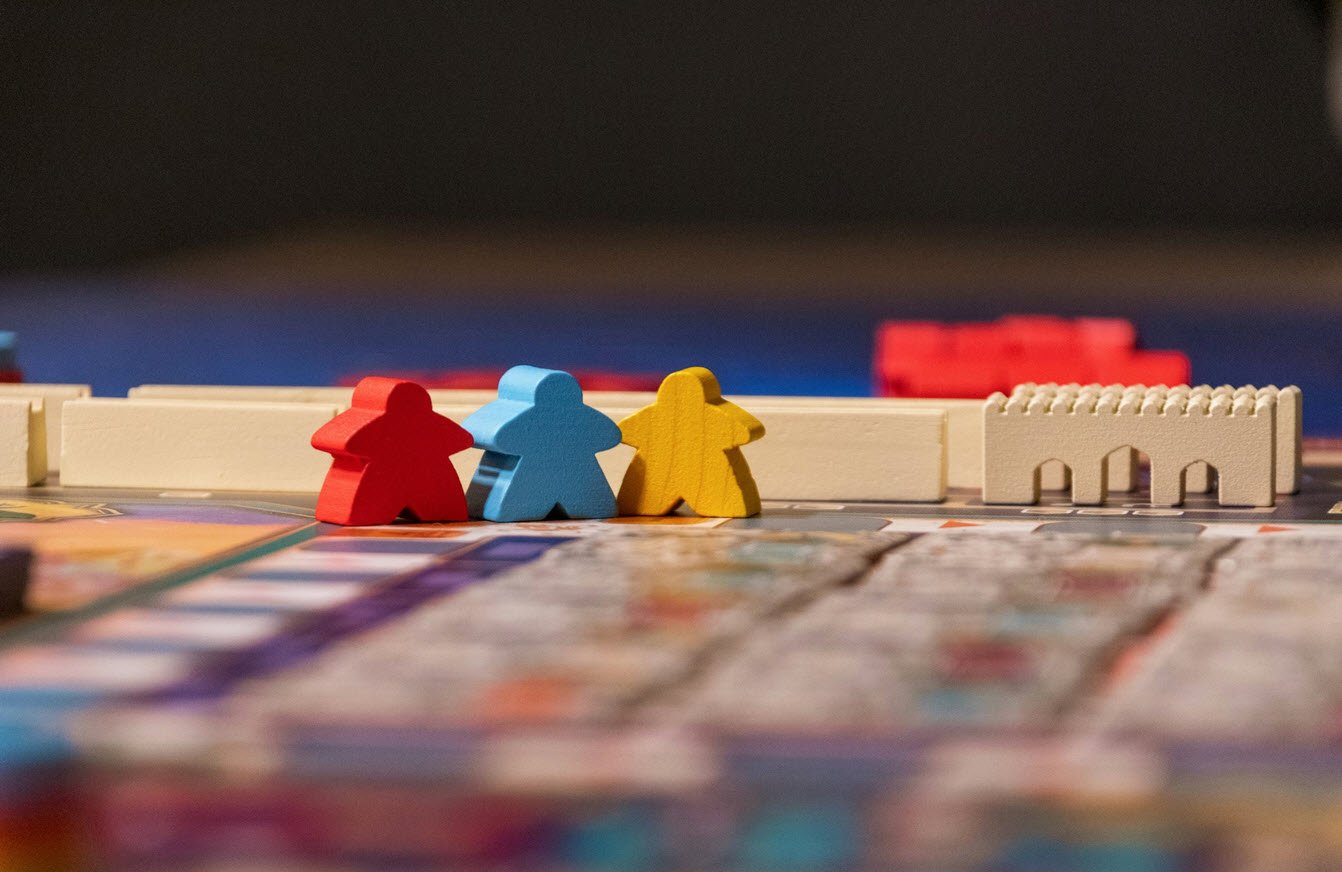
When facing a cancer diagnosis, it’s essential to be proactive in your treatment journey. One way to take charge is by asking your oncologist important questions. Remember, you have the right to be informed and actively participate in decisions regarding your care.
Here are ten sample questions to ask your oncologist during your consultation:
- What will you be doing to target my cancer stem cells? As chemotherapy, radiation, and surgery may not affect these cells, how will you address their presence and potential proliferation?
- How do you plan to minimize further DNA or mitochondrial damage to my healthy cells during treatment?
- What are your expectations and reasoning behind this specific treatment plan? Understanding the goals and rationale behind the chosen approach can help you make informed decisions.
- What is the overall expectation for this course of treatment? Do you anticipate the possibility of a cure or aim for palliative care to enhance my quality of life?
- What are the potential risks associated with this treatment, and how will the medical team monitor and manage any adverse effects that may arise?
- Are there any treatments or therapies that you are unable to provide? If you were in my position, what alternatives would you consider?
- If I choose not to pursue the recommended treatment, what would be the expected course of disease progression? What can I anticipate in terms of survival time or other relevant factors?
- Are you open to incorporating integrative therapies into my treatment plan? Will you collaborate with my integrative oncology experts to ensure comprehensive care?
- What is your experience and training in integrative oncology, nutrition, or integrative medicine in general? Understanding your oncologist’s background in these areas can help gauge their willingness to explore complementary approaches.
- Are you available and willing to communicate and coordinate care with my entire healthcare team? Will you respect and support my personal choices regarding treatment and care decisions?
Remember, these questions serve as a starting point. Feel free to ask additional inquiries specific to your situation. Open and honest communication with your oncologist is vital for building trust, making informed decisions, and actively participating in your cancer care process.








